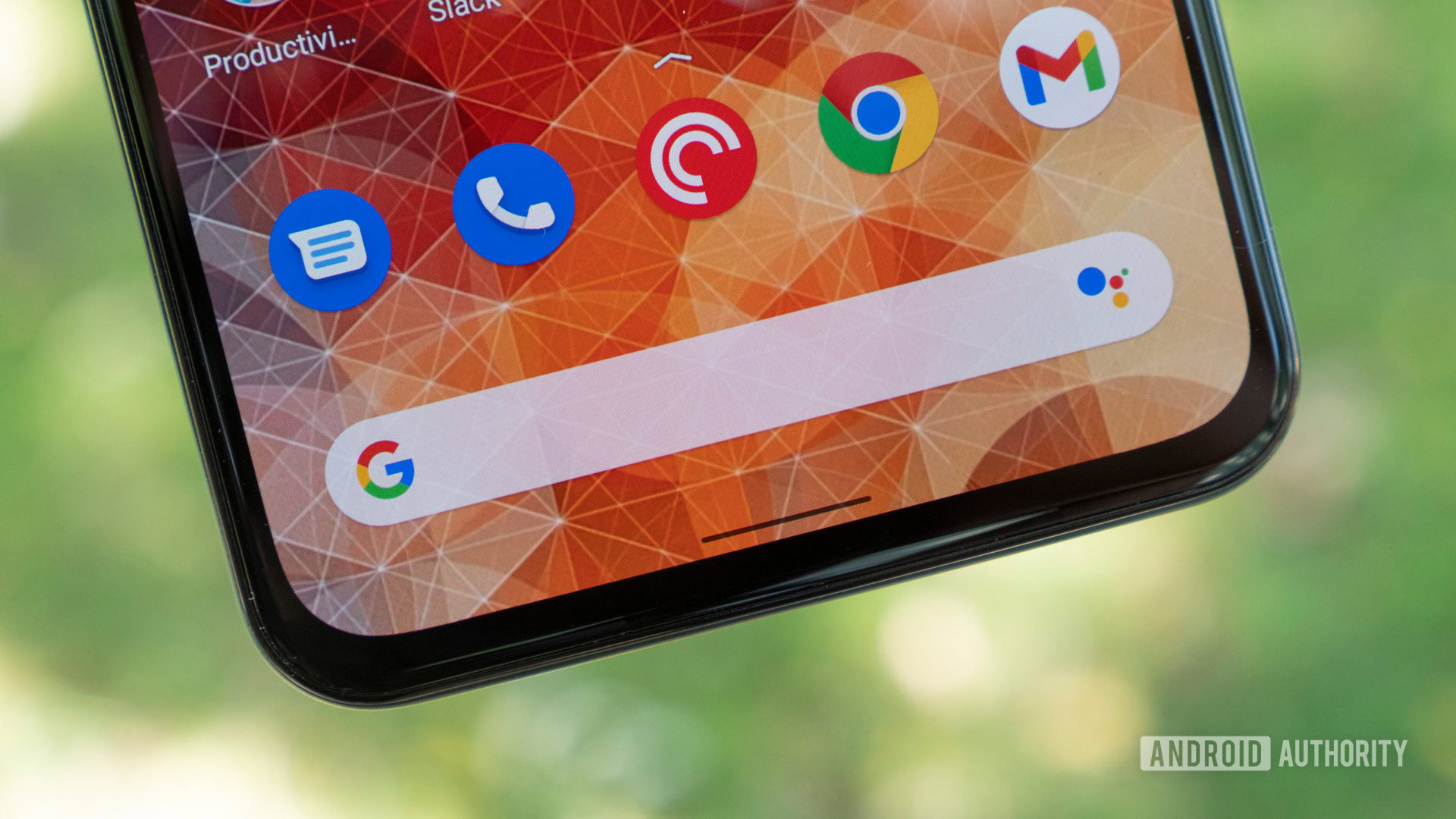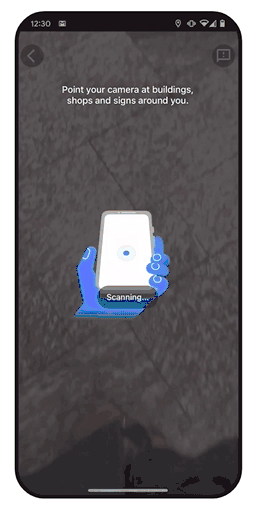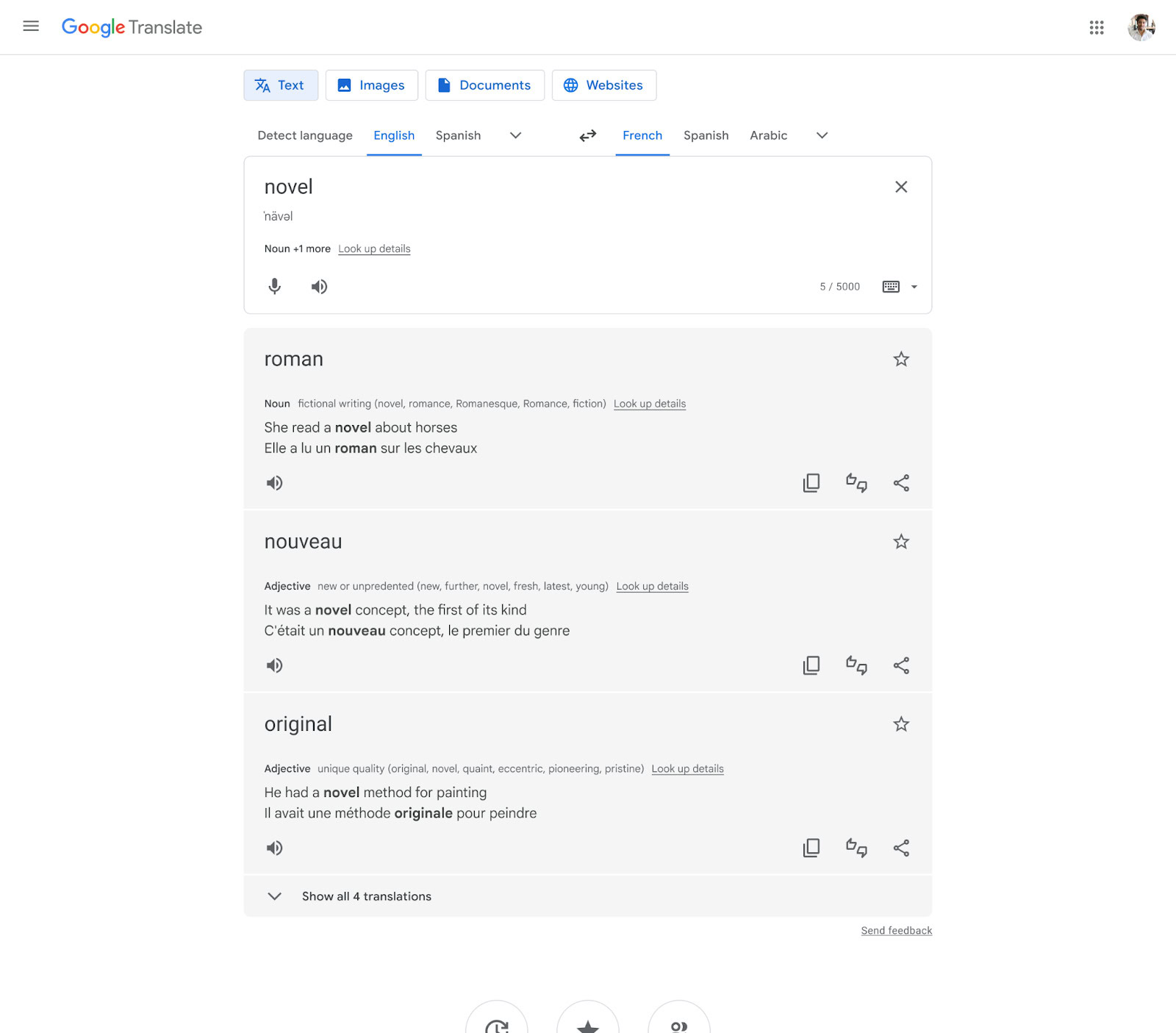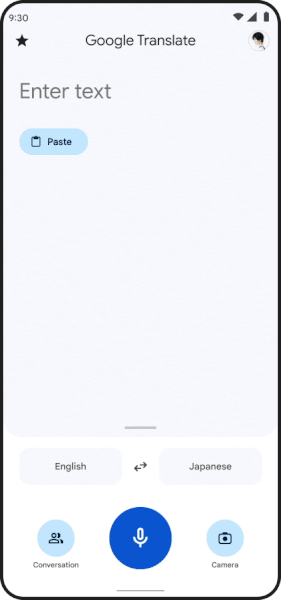Affiliate links on Android Authority may earn us a commission. Learn more.
Google announces loads of new updates coming to Search, Maps, and more
February 8, 2023

- Google has announced a bevy of new updates coming soon.
- The updates are centered around Google Maps, Search, Lens, and Translate.
- Most of the updates are available now or will be available in the coming months.
It’s been a few months, but if you remember, Google announced a slew of new features coming to Search back in November 2022. These features ranged from finding restaurants via food pictures to using AR signals to help get you to your destination.
As Google rushes to push out AI products that can compete with OpenAI’s technology, the firm has now updated many of these features and integrated them with AI.
Here’s a full breakdown of all the updates and new features Google is adding to its services.
Google Maps gets more immersive
Back in November, Google introduced a new feature to Google Maps called Live View. The company followed up with the Search with Live View feature that takes advantage of augmented reality to help users find their destination. It was initially only available in a small selection of cities including London, Los Angeles, New York, Paris, San Francisco, and Tokyo. Now Google says it’s expanding the feature to Barcelona, Dublin, and Madrid.

The tech giant also announced that it’s expanding the indoor version of Live View, which debuted in 2021 in the US, Zurich, and Tokyo. Similar to its outdoor sibling, this tool creates AR arrows to point you to where you need to go. Google says that in the coming months, it will expand the feature to include over 1,000 new airports, train stations, and malls in Barcelona, Berlin, Frankfurt, London, Madrid, Melbourne, Paris, Prague, São Paulo, Singapore, Sydney, and Taipei.
The Maps feature that helps you find EV charging stations is getting an update too. Google says that EV vehicles with Maps built-in will now suggest the best charging stops based on factors like current traffic, your charge level, and expected energy consumption. Maps will also have a filter to help you find 150W or higher charging stations and will highlight locations — like grocery stores — with charging stations on site.
In addition to these updates, Google is rolling out something new called Immersive View. The company says that it fuses billions of Street View and aerial images to create a digital model of the world. This feature is further enhanced by an advanced AI technique — neural radiance fields (NeRF) — that transforms ordinary pictures into 3D representations. Along with the 3D representation, users will be able to look at information like weather, different times of the day, traffic, and foot traffic.
Visual Searching
Moving on to Google Lens, the search giant announced that it will be launching a “search your screen” function to the feature in the coming months. To be available on Android globally, the function will allow users to search for whatever is on their screen without having to leave the app or experience.
For example, say a friend sent you a video of them exploring Paris. If you wanted to learn more about a landmark they passed by, you could activate Google Lens and tap on the search screen. Lens will identify the landmark and present a link you can follow to learn more.
Multisearch — the feature that lets you search with a picture and text at the same time — received an update as well. According to Google, it has added the ability to search locally. So by taking a picture and adding “near me,” you get results relevant to your surrounding area. Although this is currently available in the US, you’ll have to wait a few months for it to rollout globally.
New languages, more context, expanded image translation
The final announcements revolve around Google Translate. Later this month, the company says the feature will offer descriptions and varying examples in the intended, translated language to provide more context for a translation. It will also be adding 33 new languages, which include Sundanese, Yiddish, Zulu, Basque, Corsican, Hawaiian, Hmong, Kurdish, Latin, Luxembourgish, and more.

On top of that, there will be some accessibility improvements. These improvements will come in the form of new gestures and better readability. For new gestures, users will be able to:
- Select a language with fewer taps
- Hold the language button to pick a recently used language with a swipe
- Swipe down on the home screen text area to bring up recent translations.
The other accessibility feature will enable dynamic font that automatically adjusts as text is typed in. Google is also adding alternate translations and dictionary definitions to make it easier to explore different meanings.

Finally, Google has made it possible to not only translate images with Lens, but also blend translated text into complex images. Furthermore, the company says that it has expanded web image translation to give more options for translating image-based content.
These announcements were all revealed during Google’s Paris event. If you didn’t catch the event live, you can watch the event by going to Google’s YouTube channel.